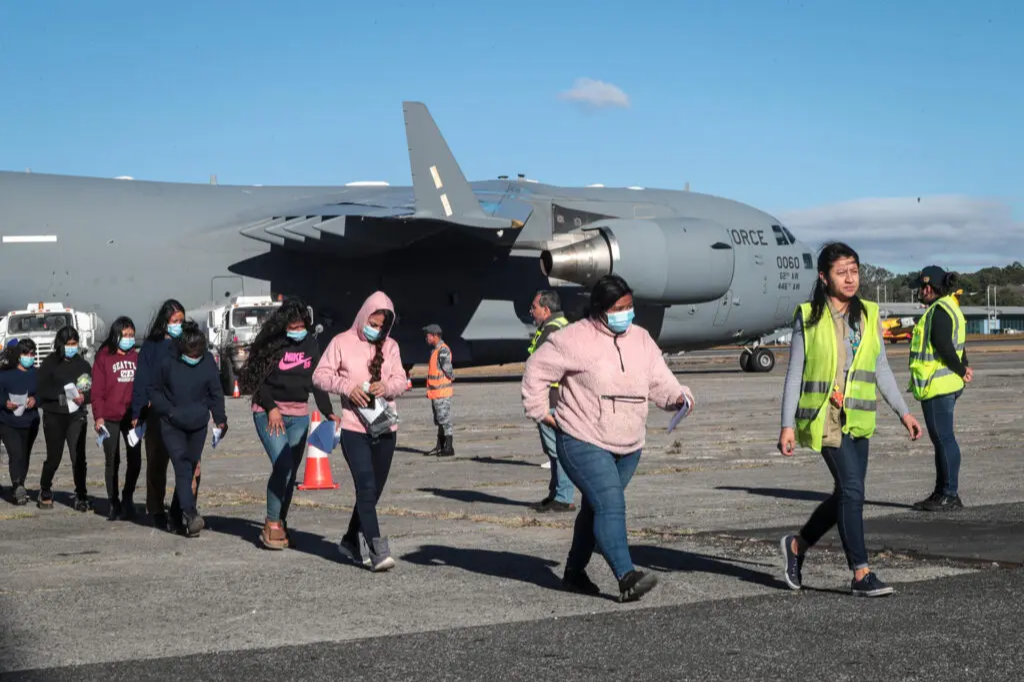
Bogota, January 27 (RHC)-- "The U.S. cannot treat Colombian migrants as criminals," said the President of the Republic of Colombia, Gustavo Petro, with which he disavowed the entry of planes from the United States with compatriots deported, by the new administration of Donald Trump, to national territory.
According to the text published on the digital network X, the Colombian president asked the U.S. to apply a protocol for the dignified treatment of migrants before they are received in their country of origin.
Petro's announcement responds to the position of Donald Trump's government, which plans to deport irregular immigrants on military planes every day, as indicated by the person in charge of the process, Tom Homan, called "The Border Czar," in an interview with ABC News.
"If you are in the country illegally, you are in the crosshairs, because it is not right to violate the laws of this country. You have to remember that every time you enter this country illegally you commit a crime," Homan said.
Last Thursday, Washington reported the arrest of 538 undocumented people and, of them, 79 Guatemalans were repatriated on the first flights of "the largest mass deportation operation in history," according to White House spokeswoman Karoline Leavitt.
The television station Noticias Caracol referred in recent reports that more than 300,000 undocumented Colombians live in the United States. Data from the United States Immigration and Customs Enforcement Service (ICE) warn that, from 2022 to date, more than 7 million people have entered the North American nation irregularly through the southern border (429,303 Colombians).
Of the Colombians who crossed the border with Mexico in the last three years, more than 180,000 did so in family groups, nearly 230,000 were adults who arrived alone and around 4,200 were unaccompanied minors, ICE details.
It is worth noting that, among the deportation priorities of the new U.S. administration, are immigrants with a deportation order that has not been executed, people who were issued a deportation order in absentia because they did not attend their immigration appointment and, thirdly, those who have committed serious or minor crimes.

